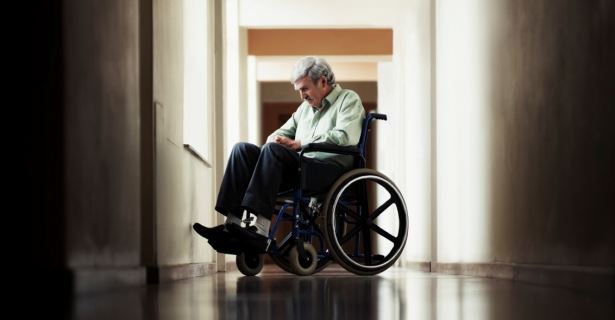 Putting a loved one in a nursing home can be a very difficult and trying decision. Obviously, you are putting your trust into the care of professionals who you hope are not only qualified but loving and attentive. Anyone’s worst nightmare is that their family member might be abused and neglected, something that sadly happens more than nursing facilities would like to admit. However, it can be difficult to pin down what shape nursing home abuse takes on.
Putting a loved one in a nursing home can be a very difficult and trying decision. Obviously, you are putting your trust into the care of professionals who you hope are not only qualified but loving and attentive. Anyone’s worst nightmare is that their family member might be abused and neglected, something that sadly happens more than nursing facilities would like to admit. However, it can be difficult to pin down what shape nursing home abuse takes on.
Abuse can be defined in a number of ways, so it’s important to know what you need to watch out for. Physical abuse tends to be the easiest to spot, ranging from actually hitting the patient to overuse of physical restraints that eventually cause harm.
Neglect occurs when the staff simply fails to take proper care of patients. This is often done due to understaffing, but it directly harms the patient and the care facility should be reprimanded for their failure to meet the needs of their residents.
Sexual abuse can take the form of any unwanted exploitation, harassment, or attention. Finally, psychological abuse can include yelling, shaming, manipulating, and criticizing the patient. Psychological and sexual abuse are the hardest to identify and often result in behavioral changes in the patient.
If your gut is telling you something might be wrong, speak up ‘because the chances are, you’re probably right. Here are a few signs that you might have a nursing home abuse case on behalf of your loved one:
- Broken bones, cuts, and/or bruises
- Dehydration
- Reclusiveness
- Mood swings
- Weight loss
- Lack of cleanliness or a change in appearance
- Refusal to take medicine
- Odd relationship with caregiver. Either the caregiver doesn’t like leaving the patient with others or the patient appears fearful or upset with the caregiver.
- Frequent infections
If these signs are appearing in your loved one, then there’s a chance your family member is experiencing abuse at the hands of their caregivers. To seek legal action, contact Harvey Walner & Associates and learn more on how to receive the justice your family deserves.


 Skip to content
Skip to content







